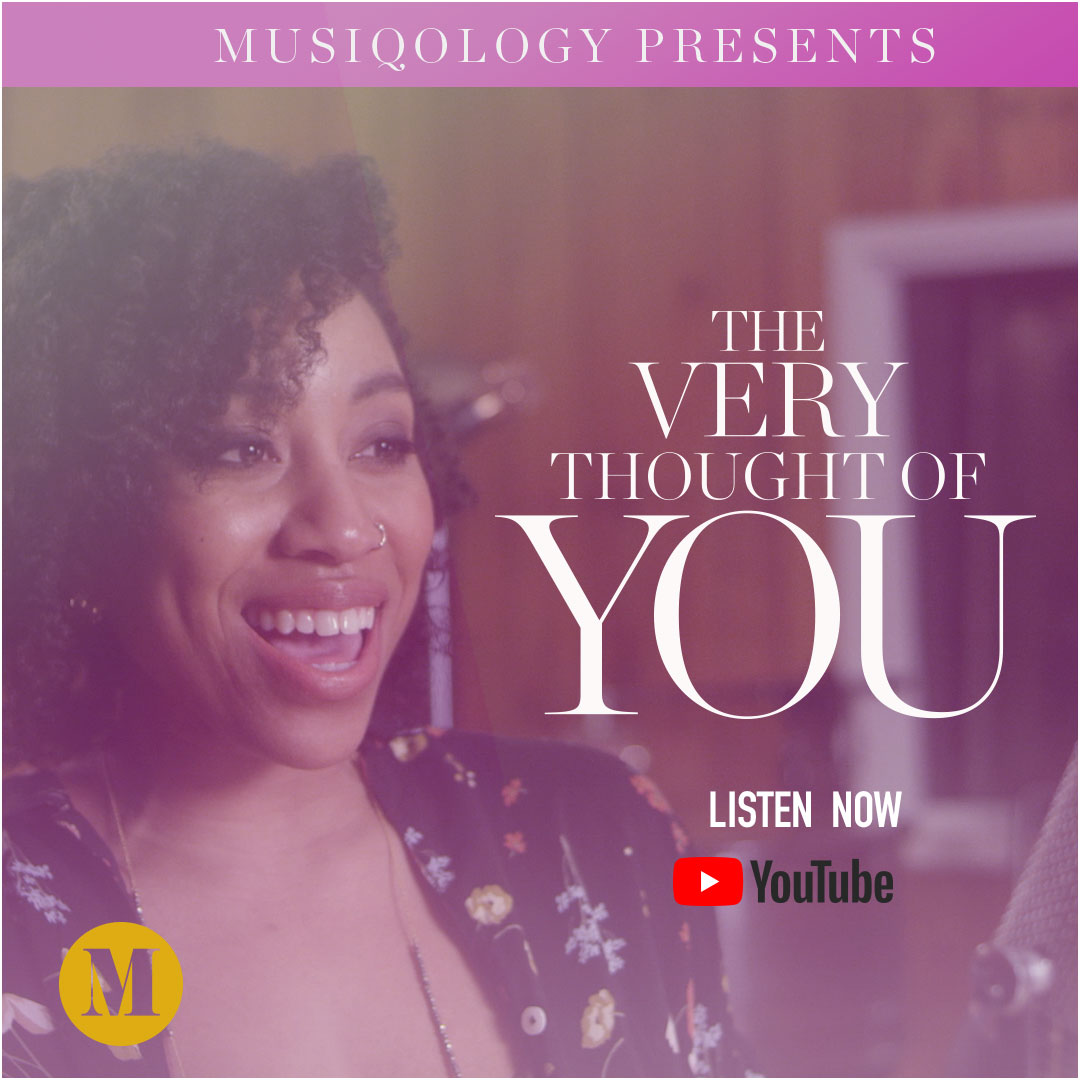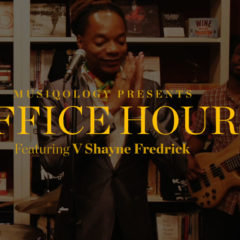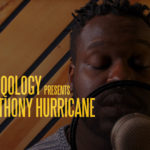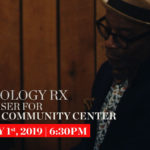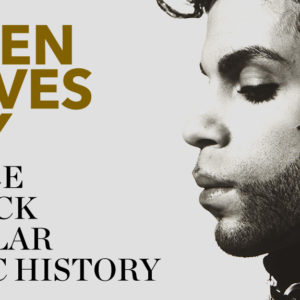It’s been a hard week, dearly beloved. Since news broke of Prince’s passing, the early stages of grief have come quickly–from shock and denial at the thought that a TMZ report of The Artist’s passing could be true to the pain of a reality of a world without more of his brilliance and uniqueness. Prince loved and lived music more fervently and more earnestly than anyone, and buried beneath the layers of persona and purple lay an honest, unapologetic artist who pushed popular audiences and popular music through his sheer force of will.
For 16 Bars, we have compiled 16 of the best stories about his impact, career, contributions, and life. Tweets didn’t seem like they’d do him justice. There will be countless more in the days and weeks to come, but for now, it felt an appropriate tribute to sketch out the breadth of his impact. There will never be another Prince, and we at MusiQology are crying purple tears today.
“There will be longer pieces written, and better ones, about the death of Prince, but the main point is that there will be many, and each will demonstrate purely and powerfully how deeply he connected with those of us who loved his music, his spirit, his playfulness, his petulance, his bravery, his youth, his wisdom, his weirdness, his virtuosity, and his vision.”

Prince’s secret was that he could be your everything… but only if you were willing to expand your own horizons and be better than the person you were. If you were a man and wanted to really get with what Prince was all about, you had to learn how to drop the macho bluster and get sensitive, clean up, and find some style. If you were white, you had better find your soul. If you were black, you needed to accept that rock and roll was not “white music” but your own heritage. If you were a woman, you needed to be more aggressive than maybe you were raised to be. If you were a biracial American, drawing your heritage from a mix of of people from all over the world, then Prince was telling you to not find that mix confusing but liberating.”
Prince was Something That You’ll Never Understand
“I’m wary of getting into this kind of woo-woo talk, but our favorite artists do things to our souls. Imagine, really imagine, being someone who feels oppressed by all the limiting sexual-religious-racial choices society asks us to make, and then you discover Prince? “Am I black or white?” “Am I straight or gay?” “Do I believe in God?” “Do I believe in me?” That’s a life-saving glass of water to a very thirsty listener right there. By ignoring limits set by other people, Prince made you more aware of your own. That’s what great artists do.”
![]()
Earth Was Lucky to get 57 Years of Prince
“Only Prince could make a song that has the arc of a sermon, with the passion of an orgasm. You feel like you’re catching the holy ghost as it takes over your body, but halfway through you realize that’s not Jesus, you’re actually just having sex. And after the song’s final two minutes transforms you, sending you to a place you typically are fearful of visiting, it just ends. And just like that, you look down, and it’s your own personal Garden of Eden. Figuratively, and perhaps literally, you realize you’re naked.”
![]()
How Prince Rebelled Against the Music Industry
“His moves were sometimes mocked as mere eccentricity. But he is now seen as an early advocate of the kind of experimentation and artistic control that has become an essential tool of the most forward-thinking pop stars.”

Do It All Night: The Story of Prince’s Dirty Mind
“It’s not entirely your fault if you don’t quite understand why Prince was such a big deal in the 1980s. In the digital era, the Minneapolis auteur has made his catalog relatively inaccessible, recently removing it from mainstream streaming services in protest of their underpayment. The strategy is principled and laudable even as it contrasts with prevailing realities, which means it’s très Prince—done with the belief that his legacy should be regarded his way. But whereas that same kind of stubborn, altruistic conviction often backfires for him now, it once made Prince the most exciting artist in the world.”

“What’s missing from pop music is danger,” Prince was quoted as saying in a 2006 Guardian interview. “There’s no excitement and mystery.” Danger, excitement and mystery were Prince Allen Rogers’ calling cards from day one.”

Prince’s Style was a Sign O’ The Times, Rooted in Heels
“Prince refused to adhere to genres in clothing, just as he refused to adhere to genres in music, which meant he tended to ooze into the designer imagination, instead of immediately leaping to mind. But in the way he assumed the tropes of kitsch femininity — lace, ruffles, sequins, peekaboo and high heels — and transformed them into the vehicles of an in-your-face masculine sex appeal, Prince had enormous influence.”

On Prince, Blackness, and Sexuality
“Dig, if you will, a picture: The year is 1980. Many states still have sodomy laws. The radio is playing feel-good ear candy like Captain and Tennille and KC and the Sunshine Band. TV hits include the sunny, toothy blond shows Three’s Company and Happy Days. There’s no real word for “gender non-conforming.” But here’s what you see: A man. Clearly a man. Hairy, mostly naked body, cock bulging beneath a satiny bikini bottom. But those eyes. Rimmed in black, like a fantasy belly dancer. The full, pouty lips of a pin-up girl. Long hair. A tiny, svelte thing. Ethnically ambiguous, radiating lust. What is this? A man. Clearly a man. No. Not just a man. A Prince.”

Prince Was on of Pop Music’s Greatest Champions of Women
“Prince wasn’t just one of the 20th century’s great artists, who left behind an unrivaled discography of hundreds and hundreds of monumental classics and bewildering oddities. He was also one of music’s great champions of women, who were indispensable to him onstage and in the studio.”
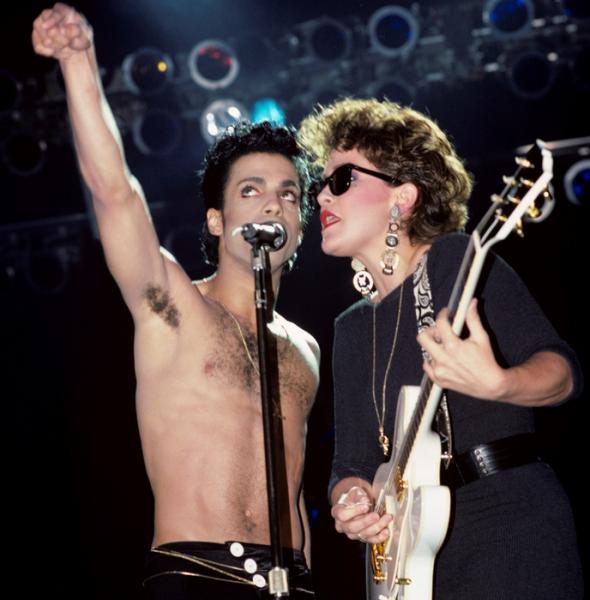
Prince was One of the Greatest Fantasy Storytellers of All Time
“Prince was a trickster who assumed different identities almost as often as he put on fabulous new outfits. He was Jamie Starr, Camille, Tora Tora, and countless other sobriquets in addition to that famous symbol. He was a puppet-master, creating whole personas for people like Morris Day, Vanity, and many others. In his 1980s heyday, he played with race and gender, taunting his listeners: “Am I black or white? Am I straight or gay?””
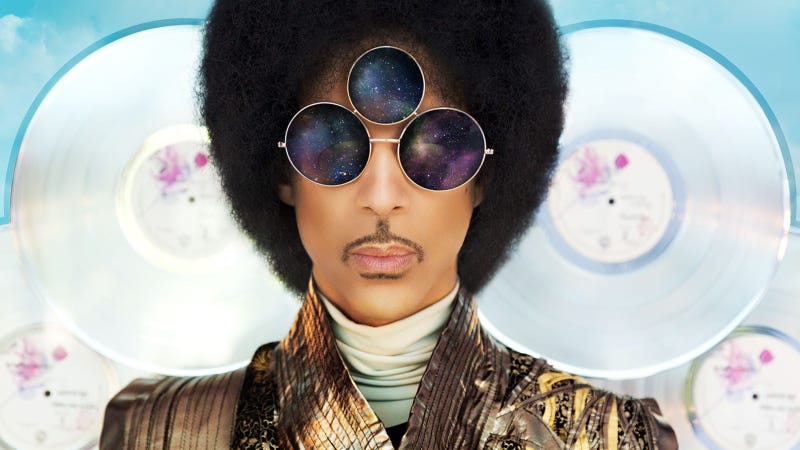
Seeing Purple: Prince in the 1980s
“But purple, purple, it all inevitably came back to purple: Not a single thing but a combination, more a fluid state than a fixed identity. Prince could have just as easily called the Black Album the Purple Album, a title that would have hinted at his own playful in-betweenness—that transvestite dream on the cover of my dad’s bootleg tape, or his alter-ego, Camille, voice pitched up to sound not quite like a woman but a little less like a man. More than anything else, it was Prince who taught me the meaning of the word “psychedelic”: A state where the visible and invisible lines barricading different categories blurred to the point that they could be crossed, somewhere where one thing could easily become something else.”

Purple Rain Launched Prince’s Meteoric, and Meteorically Short, Movie Career
“Looking back today, director Antoine Fuqua (Training Day), recalls the impact the movie had on him when he first saw it. “Man, I was blown away,” he says. “It had a different form. It wasn’t a normal genre you could put your finger on, and he wasn’t the normal leading man you were used to seeing. He was Prince. It was an unstructured environment as far as movies go, free form in some way.””

“Prince is one of those rare and wonderful humans who’s surrounded by so much mystery and lore that you’re willing to believe almost anything you hear about him. Prince had doves sing backup on one of his albums? Sure. Prince doesn’t believe in time? Time is an illusion, anyway.”

Prince tributes range from front pages to Niagara Falls
Newspapers and websites honored Prince with front pages and redesigns, after the prolific singer and songwriter was found dead at his home in Minnesota Thursday.
Prince honoured by Nasa with stunning purple nebula photo
“Nasa has paid tribute to prince by sending out a beautiful space image lit up in the singer’s characteristic purple. The agency tweeted out a stunning picture of the Crab Nebula, lit up in purple, in tribute to the singer.

16 Bars is a recurring column at MusiQology. When we want to get a sense of the discourse around a particular pop culture moment or event, we search the web, highlighting diverse voices across social media and aggregating them in a kind of thematic digital verse, with our own Genius-style annotations where necessary. A sign of a rapper’s ability is his or her ability to freestyle 16 bars—MusiQology’s piece is an improvisational sampling of speakers in concert.

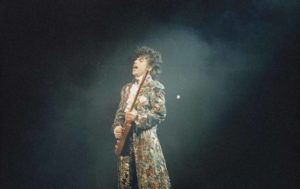
)
 Share On Facebook
Share On Facebook Tweet It
Tweet It

